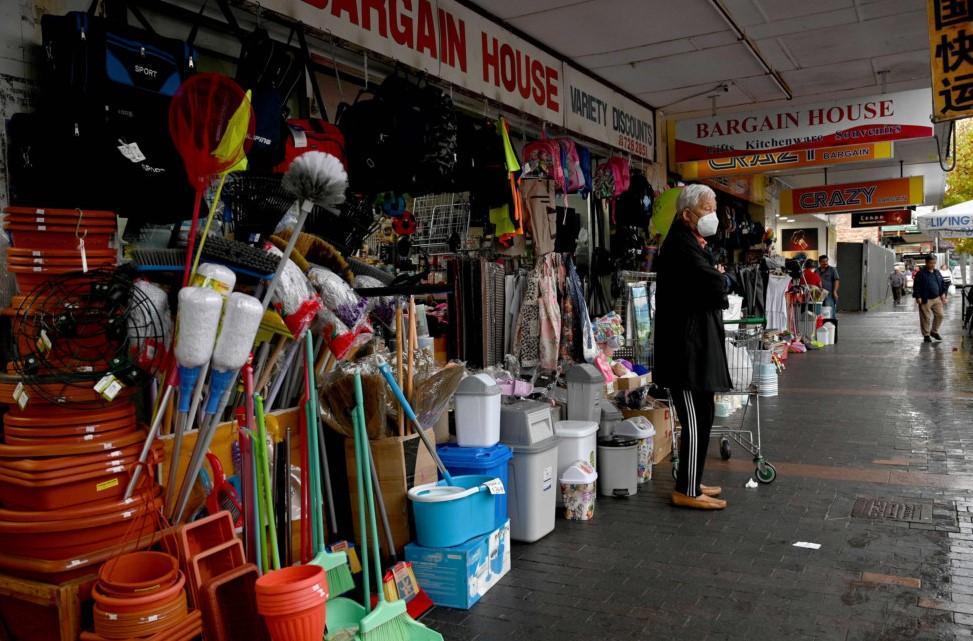
Australia’s annual inflation rate hit 5.1 percent in the March quarter, the highest recorded since 2001, according to official data released yesterday.
The jump in consumer prices, driven by fuel and housing costs, was even higher than analyst expectations and has increased speculation that Australia’s central bank may raise interest rates as early as next week.
It would be a bold move for the avowedly apolitical Reserve Bank of Australia, which would not want to be seen to be affecting the country’s current election campaign. The last time the RBA raised rates during an election period was in 2007.
Pressure is rising, however, after the United States, New Zealand and Canada increased their rates.
Treasurer Josh Frydenberg said yesterday that the inflation spike was due to price shocks beyond the government’s control, including supply chain issues caused by the COVID-19 pandemic and Russia’s invasion of Ukraine.
“What these numbers do not take into account the full effect of is the halving of the fuel excise,” Frydenberg said.
The fuel tax cut was a key measure taken by the country’s conservative Liberal government to ease cost-of-living pressures, along with a one-off 250-dollar ($179) payment to millions of Australians that was sent out yesterday.
The cost of living has become a central issue in the Australian federal election campaign, due on May 21, as inflation outstrips the country’s relatively flat wage growth, which was at 2.3 percent annually in the December quarter.
Similarly, housing affordability has been hotly debated, with the country’s mean house price hitting 920,000 dollars ($659,000), and 1.2 million dollars in the most populous state of New South Wales, according to the statistics bureau.